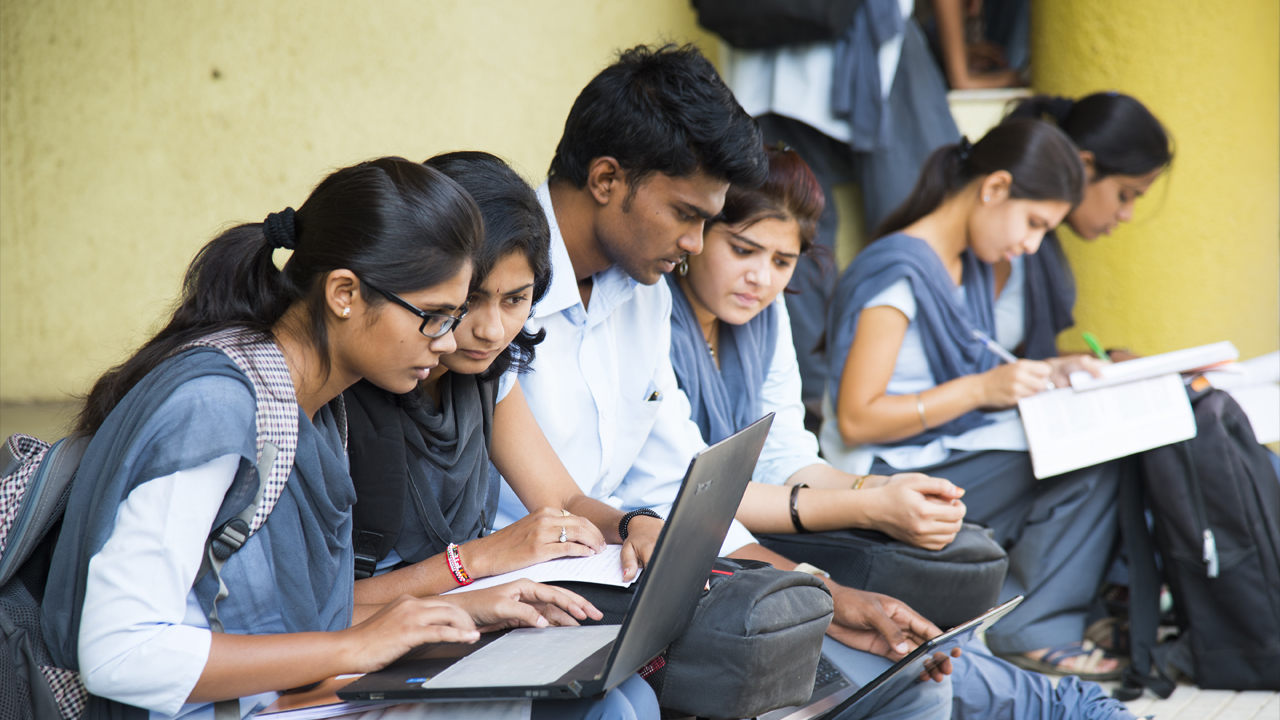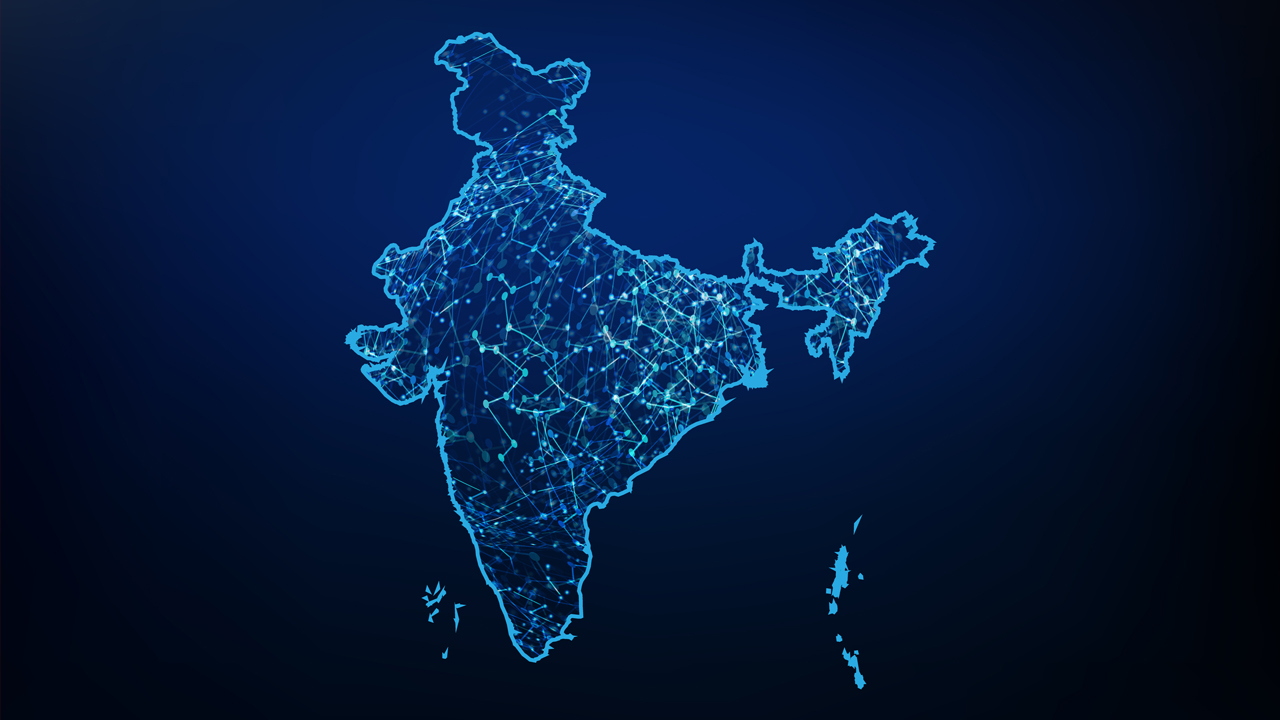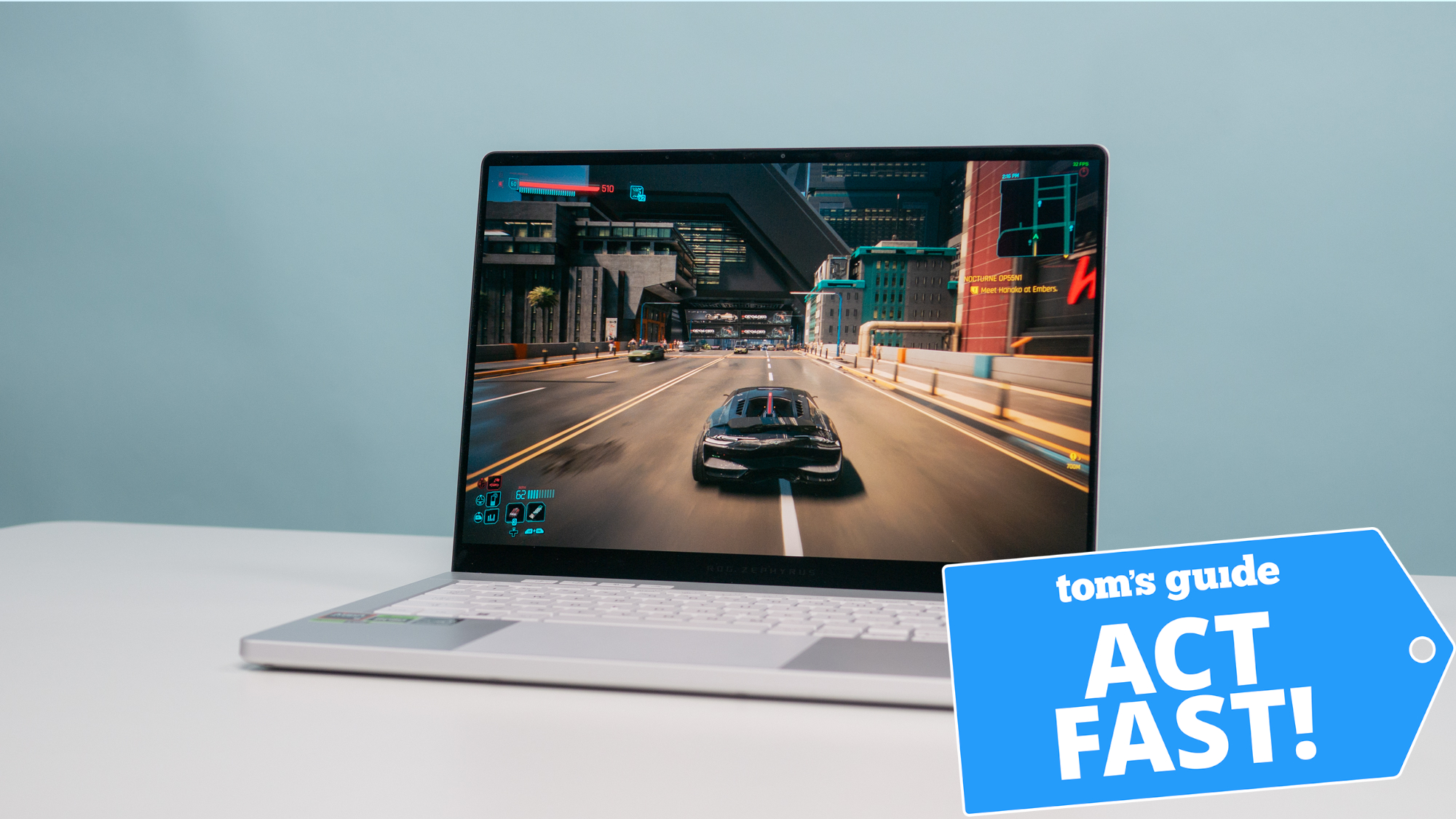Are VPNs legal in India?
Using a VPN in India is technically legal, but you need to be careful

In recent years, demand for India VPN services has boomed in the country as it has gradually become one of the world’s more restrictive regions when it comes to internet access – international NGO Freedom House reports that India’s level of internet freedom has declined in each of the past four years.
The Indian government uses DNS filtering to prevent access to torrenting platforms, separatist content, pornographic websites, and, more recently, over 200 Chinese-owned apps and platforms. All this means that many people in India are now using VPNs to circumvent internet censorship. In fact, India is now one of the leading global markets for VPNs.
However, although the best VPN services effectively bypass restrictions by routing your internet through a server in another country or region, many people worry if it’s legal to do so. This article answers the question of whether VPNs are legal in India – and how you can use one without getting into trouble.
VPNs are completely legal in India
There are no laws directly banning the use of VPNs in India, although the government certainly doesn’t encourage their use.
Although using a VPN in India is perfectly legal, there have been reports of police harassing locals for using a VPN service. Under the Information Technology Act, the Indian government has broad powers to block websites and certain types of content, and police have the authority to search premises without a warrant and arrest suspects if they believe they are violating the act.
For expats and tourists, however, prosecution is unlikely. Enforcement of India’s censorship laws is focused on Indian nationals and permanent residents. However, this is highly anecdotal, and enforcement is inconsistent across India’s many states. For example, censorship is much stricter in Jammu and Kashmir in the country’s northwest, and less severe in the densely populated Uttar Pradesh.
There is also the potential that the Indian government may attempt to legislate against VPNs in the near future, so it's well worth checking for yourself before using a VPN in India.
Sign up to get the BEST of Tom's Guide direct to your inbox.
Get instant access to breaking news, the hottest reviews, great deals and helpful tips.

VPNs don’t make illegal acts legal
Another hugely important point to understand is that while using a VPN itself is legal, accessing banned content may be illegal, particularly if you are accessing politically sensitive content or pornographic material. So although enforcement is inconsistent, using a VPN in India could get you into a lot of trouble, even if the VPN itself isn’t illegal.
And, it should go without saying, but using a VPN won’t protect you if you commit cybercrimes online. It may make it harder for authorities to identify you, but it won’t protect you at all if you are caught. It’s essential to think of a VPN as a tool for online anonymity rather than a complete solution.
Why should you use a VPN in India?
In 2020, the Indian government banned over 200 Chinese social media platforms. Some of these platforms, such as WeChat, TikTok, and VivaVideo, were among India’s most popular apps. WeChat alone has over 100 million users in India.
If you still want to access these platforms while in India, you’ll need to use a VPN. A top-quality VPN will enable you to connect to a server in a location where these apps are not banned, thereby circumventing India’s internet censorship. Other reasons to use a VPN in India include shielding your online activity from surveillance or streaming geo-blocked content.
The Indian government also prevents access to websites advocating or supporting separatism as defined by the government. Although a VPN will enable you to access these sites, it might get you into trouble, so we don’t recommend using a VPN for this purpose.
However, used correctly, a VPN is one of the safest and most effective ways to bypass internet censorship in India. To ensure you can legally and safely bypass restrictions, make sure to use one of our top recommendations.
Which VPN do we recommend for users in India?
ExpressVPN stands out from the competition in terms of price, features, and value. With servers in nearly 100 countries, excellent censor-evading power, blazing connection speeds, and reliable access to multiple streaming services, ExpressVPN has everything that one would need from a VPN in India.
While some users may prefer certain features of other top VPNs, it’s the best overall option for most users – and now Tom’s Guide readers can claim three months absolutely free.
- Save big money with the best VPN deals
- Amazon users should have a look at the best Fire Stick VPN
- Pick up a bargain with a cheap VPN
Darcy is a freelance copywriter, and a candidate for the dual master's program between the Paris Institute of Political Studies (Sciences Po) in France and Peking University in Beijing, China. His academic and professional areas of interest include human rights and development, sustainable agriculture and agroecology, Pacific Islands diplomacy, and Sino-Australian relations.


